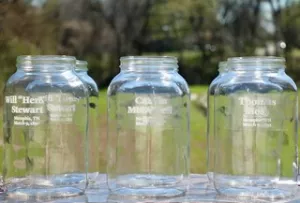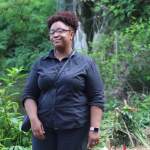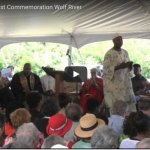The people who suffered these things—Mary and Hayes Turner, Ell Persons, Jesse Lee Bond, and far, far too many others—were Americans. They were born here. They were citizens. They, and their survivors, were entitled to the same due process under law that you or I would expect. And they did not receive it. The acts they suffered were criminal, and justice has yet to be done. In many cases, the criminal nature of the acts hasn’t even been formally acknowledged. The people who committed them have gone unpunished and sometimes even profited from them. They have enjoyed large, wealthy families and successful businesses--some of which are still thriving today. Their names “grace” streets, parks, public buildings, and history books across America. How can so many people continue to ignore these crimes? And when they are forced to consider them, why do they seem compelled to deny, defend, justify, deflect, minimize, rationalize, or shift blame? These crimes were inflicted on Americans. Why aren’t all Americans angry about it? (Deep down I think we all know why.) A just society defends its own citizens from injustice. Are we a just society, or do we just pretend to be? Are we going to do anything about it?
As a free person, I have a choice to act justly or unjustly. If I want to be a just person, I must hold myself accountable to my own values. I must not profess one set of principles while acting according to another. Otherwise, I will be held accountable. There are many factors--it might be sooner, it could come later, but justice will have its day. By the same token, a society can choose to hold itself accountable or one day face justice from outside itself. There is a grave cost to letting these injustices lie. The longer we do, the more we build upon lies, lies that will not stand. The older and deeper those lies, the bigger the crash will be.
If we wish to live up to our own ideals as a just society, we must set aside all discomfort dodging and defense mechanisms, confront the truth with remorse and humility, and listen to ourselves and one another, especially those who have been most affected by this horrendous violence. If we wish to be truly just, then those of us who bear some responsibility—directly or indirectly--must ask forgiveness and seek to set matters right as best we can. What will it cost? Will I have to pay? Is it too late, is the cost too high now? What if I can’t afford it? Those are important questions, but none of them are the question of the moment. And they are certainly not a concern that can rightly be placed in the way of this process, which begins when I commit to finally hearing the voices who can tell us what it long ago cost them and their loved ones. It’s time for me to stop running from the truth and listen.








































